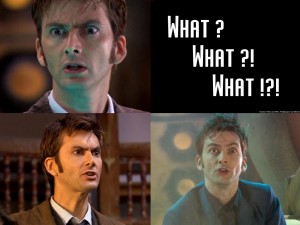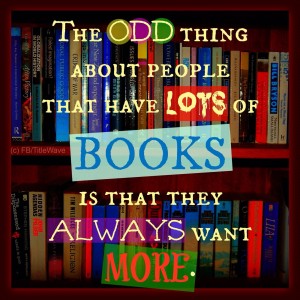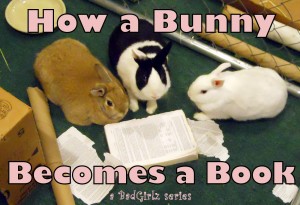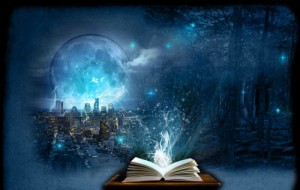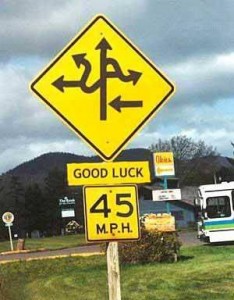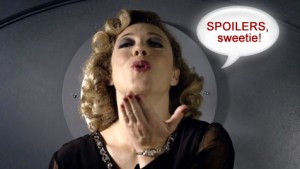
I have been thinking about this expression a lot lately.
Most of us writers are the ultimate introverts. I don’t know about you, but I don’t usually go out of my way to interact with other people. I get all the human interaction I need at work, so by the end of the day all I want is to be left alone. When most normal people go out on Friday evening, I’m perfectly content to spend the evening with a good book or playing with my imaginary friends and writing my own stories.
If the house becomes too silent, I can always have a meaningful conversation with my cat. I swear, that little s&^t talks back to me too! More than my husband does, who has by now learn to leave me alone when I’m in “the zone.” 🙂
Anyway, what I wanted to say is that it’s easy to get too comfortable in our little world where we are the god and master of everything, and the only human interaction we have is via Twitter with other fellow writers.
That’s why I think it’s important to remember that there is a vast and wonderful world just waiting to be explored and experienced. All the world’s a stage, and it’s waiting for us just outside the doors of our tiny office. I think that we need to venture out there from time to time, especially when our muse seems to lose steam or our creativity is low.
I know that it’s not easy to step out of our comfort zone, and sometimes we might even think that we don’t need to do it. After all, we have plenty of books, TV shows, movies and the whole vast Internet to draw our inspiration out of… But I would argue that the best ideas are not found on the Internet, but in the streets of your city or along a forest trail. You just have to be there to pick them up, because if not, somebody else might pass on that trail and get the idea for their new bestseller before you do.

That’s why it’s so important to step out of our comfort zone from time to time. To go sit in a café and just listen to the conversations around us. It’s amazing how many plot bunnies you can get within just 10 minutes of sipping your coffee in Starbucks!
On a bigger scale, we should never be afraid of new experiences. Go to the gun range and try as many different guns as you can. Rent a four wheeler and go ride in the woods. Go hunting, diving, paragliding. Take a pottery class or learn how to draw. Start learning a new language. Listen to a genre of music you never tried before. Instead of going to the same tried and familiar spot for your vacation, choose something new.
Don’t shy away from those new experiences. Embrace them instead. Accept them with open arms because everything you experience will be fuel for your creativity. It’s surprising what kind of ideas your brain can come up with after watching the total lunar eclipse for example. And yes, I wrote at least 3 new plot bunnies down while I sipped my wine and watched the mood disappear Sunday night 🙂
So how about we make a resolution this fall – Let’s go out and be adventurous at least once a week, shall we?

